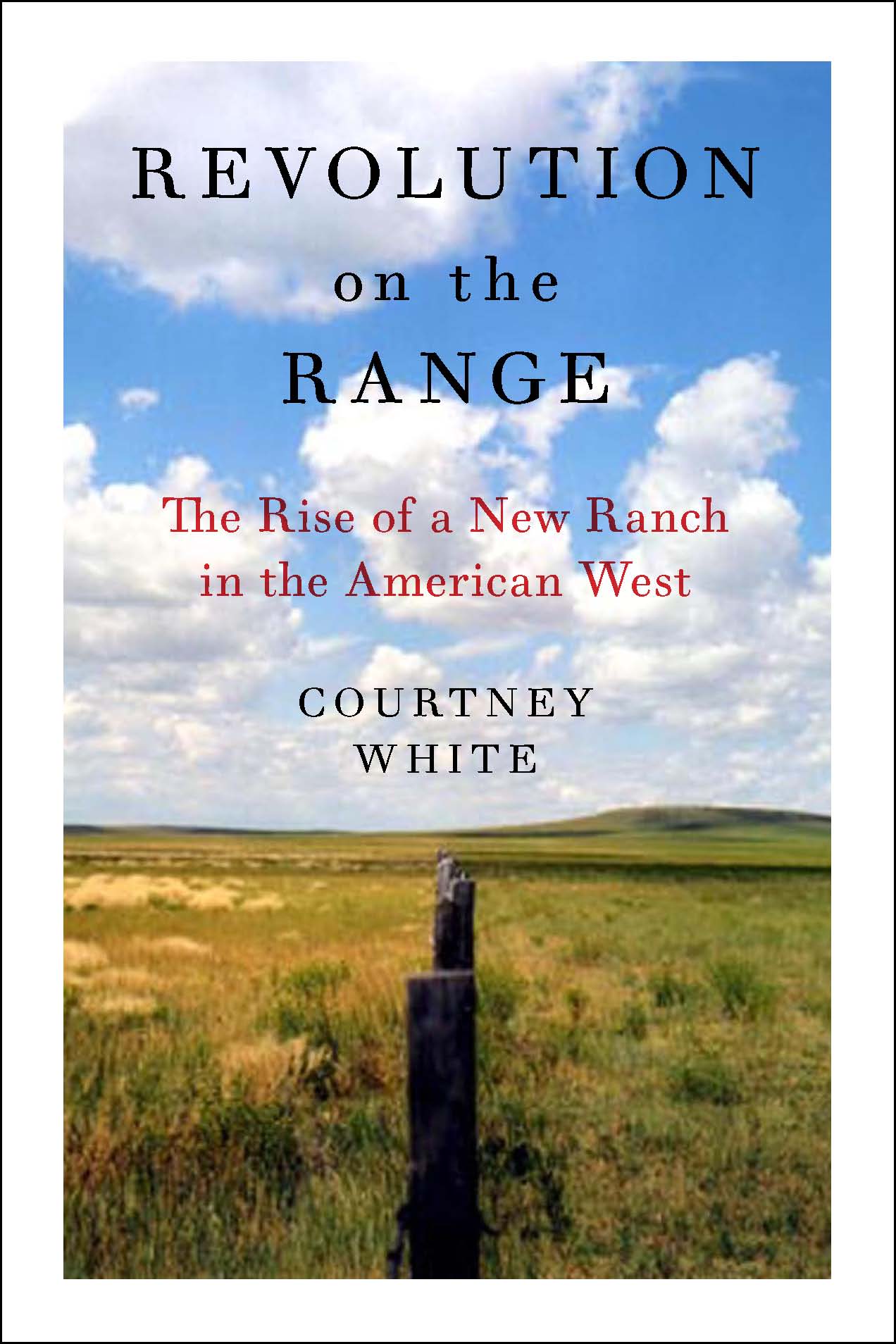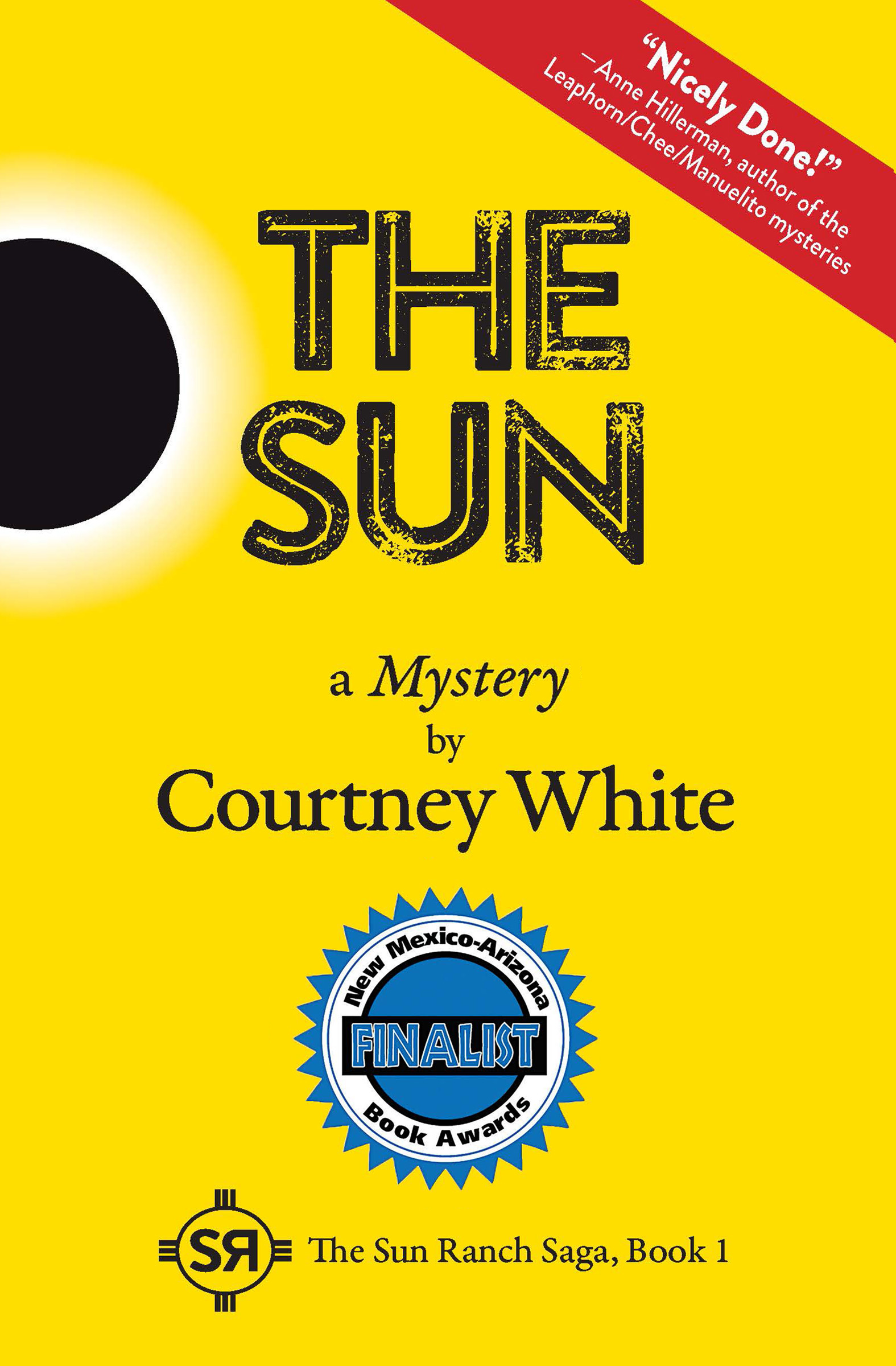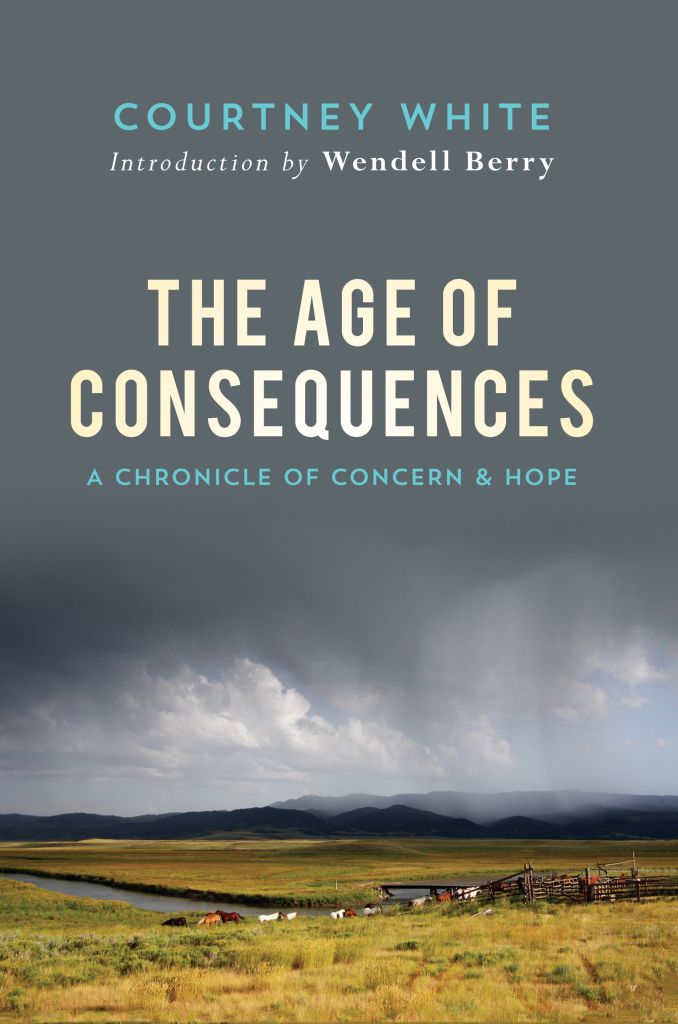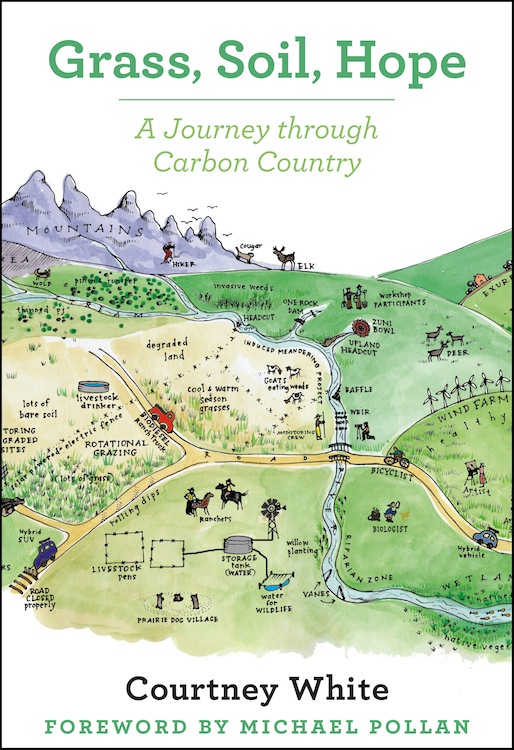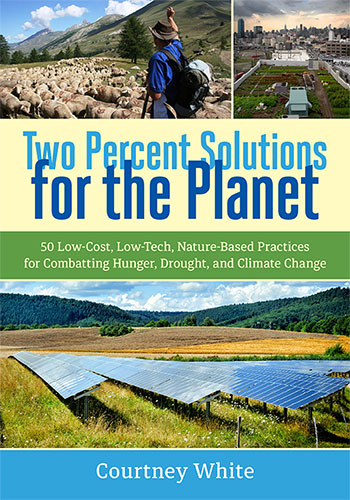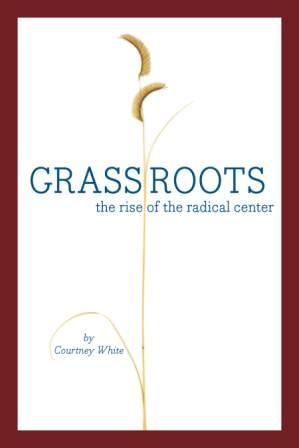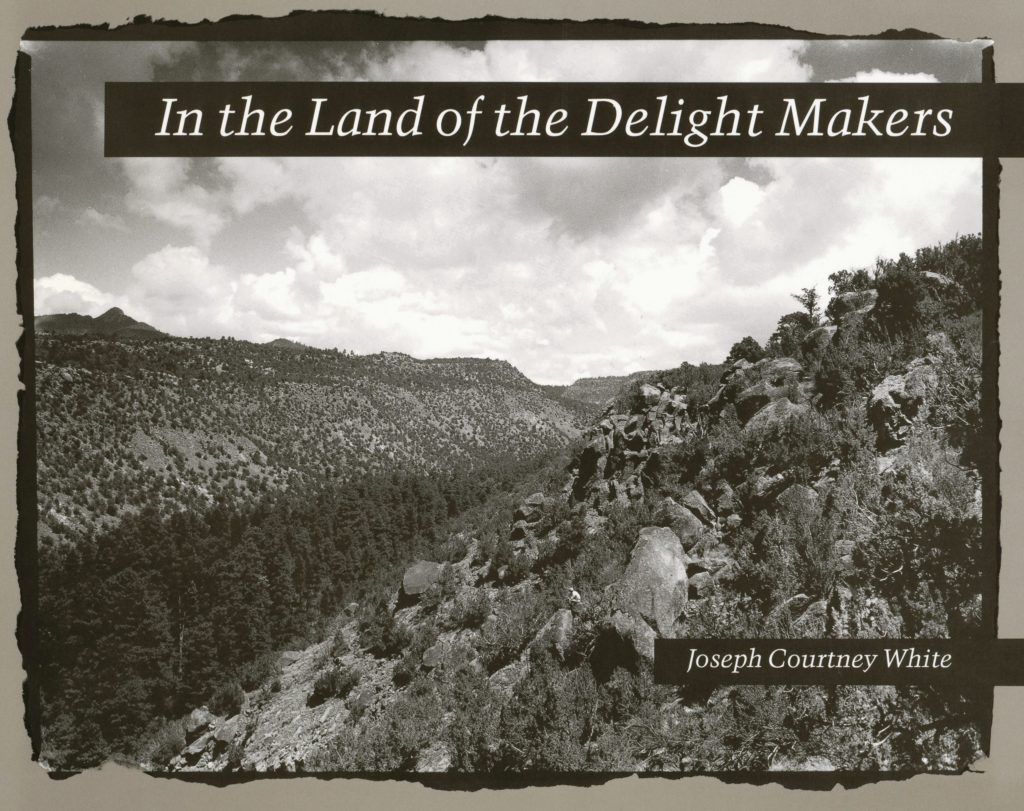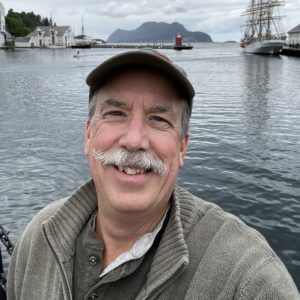
Courtney White
Born in 1960, during my lifetime humans went from having a small impact on the planet to becoming a force on a geological scale. This transition will be my generation’s legacy. My life is a prism. Starting at an early age, I was drawn to the interactions between land and people, becoming both captivated and increasingly concerned about what I learned. Soon, I sought creative answers to anguished questions, with a focus on archaeology, conservation, and regenerative agriculture. I’ve expressed myself in nonfiction, fiction, essays, fine art photography, and a nonprofit organization. I’ve been blessed with family, travel, and hard work. It has been a wonderful adventure. This site is my autobiography.
CREATIVE ANSWERS TO ANGUISHED QUESTIONS
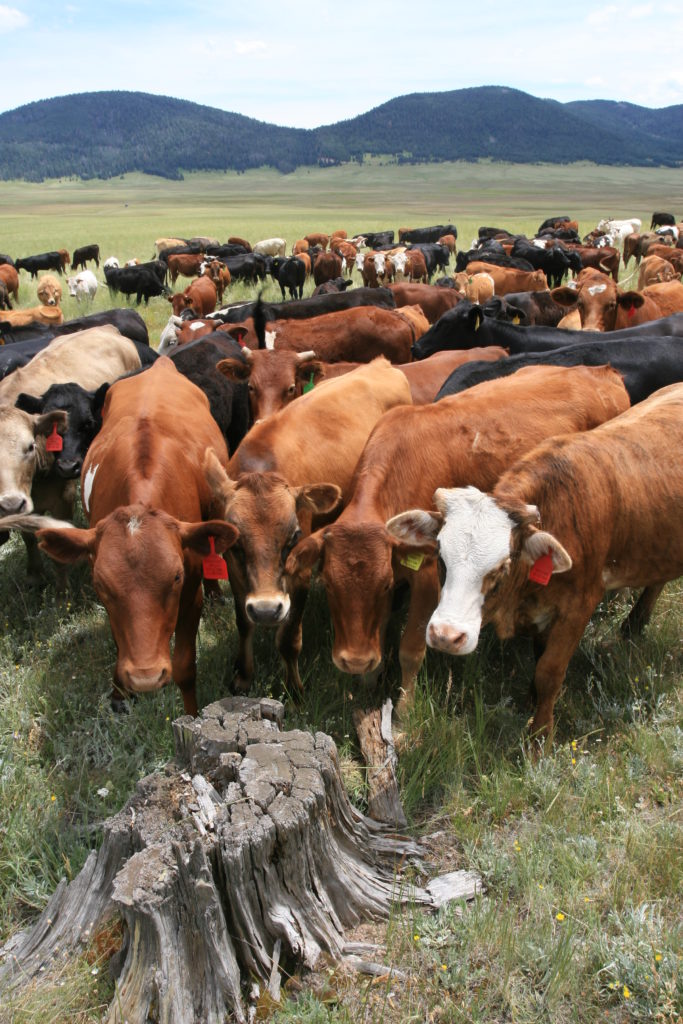 Author and historian Wallace Stegner once said every book should try to answer an anguished question. I took his advice to heart in all my work and endeavors over the years, trying to answer an array of ‘left-brain’ questions with creative ‘right brain’ answers, as explained in MY STORY.
Author and historian Wallace Stegner once said every book should try to answer an anguished question. I took his advice to heart in all my work and endeavors over the years, trying to answer an array of ‘left-brain’ questions with creative ‘right brain’ answers, as explained in MY STORY.
Core questions emerged quickly: What is land for? How can we use it to sustain us without using it up? How should we live? How do we heal degraded land and repair damaged relationships? Over time, as the scale of the accelerating impact of humans on the planet increased, new anguished questions arose: Can we restrain ourselves? How do we build resilience? What are regenerative solutions to climate change?
My creative answers to these questions are found in MY WORK. They fall into two phases. A West That Works focused on the American West, archaeology, activism, collaborative conservation, and progressive ranching. The Age of Consequences tackles resilience, carbon, and climate change. I am very proud of my role as a pioneering advocate for what today is called Regenerative Agriculture.
I didn’t follow a prepared path in seeking answers to my anguished questions. Instead, I purposefully produced creative work in diverse formats:
- A Nonprofit Organization: THE QUIVIRA COALITION
- Two Nonfiction Books: GRASS, SOIL, HOPE and TWO PERCENT SOLUTIONS FOR THE PLANET
- Two Collections of Essays (books): REVOLUTION ON THE RANGE and THE AGE OF CONSEQUENCES
- Three Columns (published as a book): GRASSROOTS: THE RISE OF THE RADICAL CENTER
- Two Fine Art Photography Projects: THE INDELIBLE WEST (1988-1998) and THIS MOMENT IN TIME (2007-2017)
- A Documentary Photography Book (with text): IN THE LAND OF THE DELIGHT-MAKERS
- A Peer-reviewed Archaeology Paper: ADOBE TYPOLOGY AND SITE CHRONOLOGY
- A History Book: KNOWING PECOS
- A Novel: CONSILIENCE
- A Mystery: THE SUN
- A Play: CANYONLANDS
- A Blog: THE STORY OF CARBON
- A Newsletter and a Journal (published by the Quivira Coalition): NEWSLETTER AND RESILIENCE
- A Lecture: THINKING OUTSIDE THE HOLOCENE
- Co-authored Declaration: INVITATION TO JOIN THE RADICAL CENTER
- Co-edited Book: CONSERVATION FOR A NEW GENERATION
- Co-authored Books: DIRT TO SOIL and FIBERSHED and THE GREAT REGENERATION
- Senior Writer: REGENERATION: ENDING THE CLIMATE CRISIS IN ONE GENERATION
- Cattle rancher and producer of grassfed meat: the Quivira Coalition’s VALLE GRANDE GRASSBANK
- Author of fifteen ANNUAL CONFERENCES for the Quivira Coalition
In 2022, I called it a career, explained in my essay UNDER THE GLACIER, summarizing three decades of work
- In Progress: SAGALANDS – a travelogue about a new chapter in my life
- In Progress: THE DE LACY SAGA – a genealogy-inspired history of my family stretching back 40 generations
- In Progress: THE SUN RANCH SAGA – a mystery series
- In Progress: BEAUTIFUL WORLD – photographs 2022 to
- Planned: PRISONER OF DOUBT – a ‘whodunit’ novel set in the Old West
- Planned: THE CACTUS GARDEN – a memoir of the desert
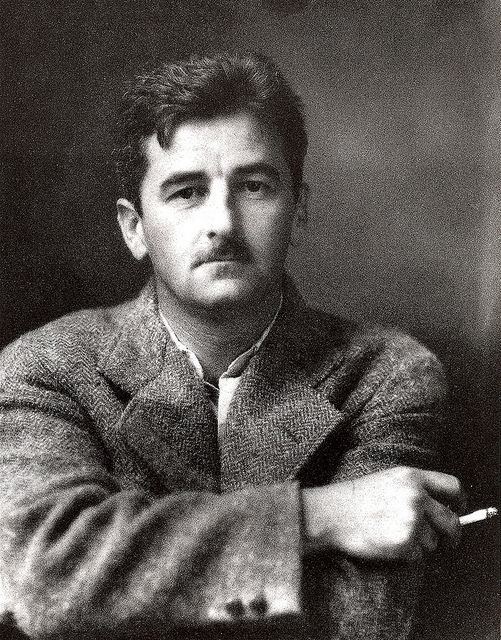
William Faulkner – A Family Connection and Inspiration
In 1986, I learned I was related to William Faulkner on my father’s side of the family. I had dropped out of graduate school and was very unclear about next steps in my life. When I learned that Faulkner was a relative, I reacquainted myself with his work. The geographical unity of his vision in combination with his focus on the intersections of land, culture, people, and history struck a huge chord. I particularly loved his map of Yoknapatawpha County. I decided to try to do something similar for my home – the American West – though in my own way. In 2006, a visit to Faulkner’s home in Mississippi inspired me to set a goal of writing books full-time.
BOOKS
The Age Of Consequences
A collection of personal essays about our uncertain times coupled with hopeful, practical solutions involving land, livestock, and people in the American West.
Grass, Soil, Hope
A book about ways to sequester CO2 in plants and soils, reduce greenhouse gas emissions, and produce economic and ecological resilience.
Two Percent Solutions
Innovative low-cost, low-tech, nature-based practices that increase soil carbon, including organic no-till farming, grassfed food, and ecological restoration.
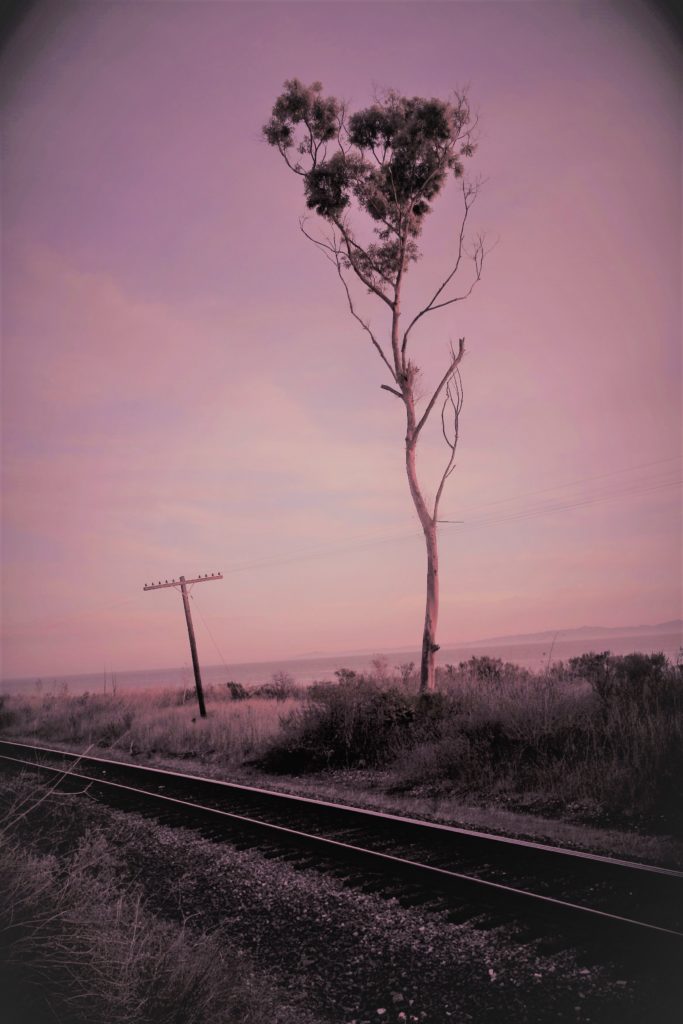
Consilience
A contemporary love story about time-travel, an uncertain future, and resistance.
Grassroots
Three columns about the rise of the radical center from the perspective of a front-line participant; and thoughts about the broken promise of the New West.
IMAGES
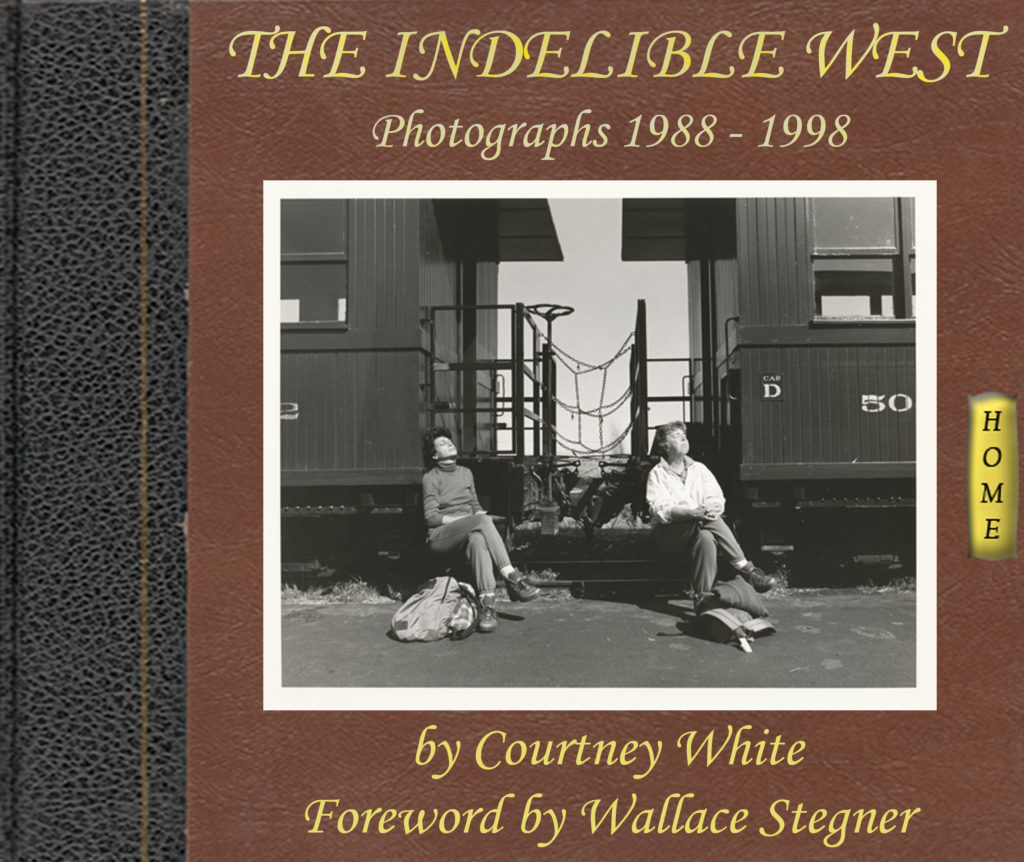
THE INDELIBLE WEST
Photographs 1988-1998
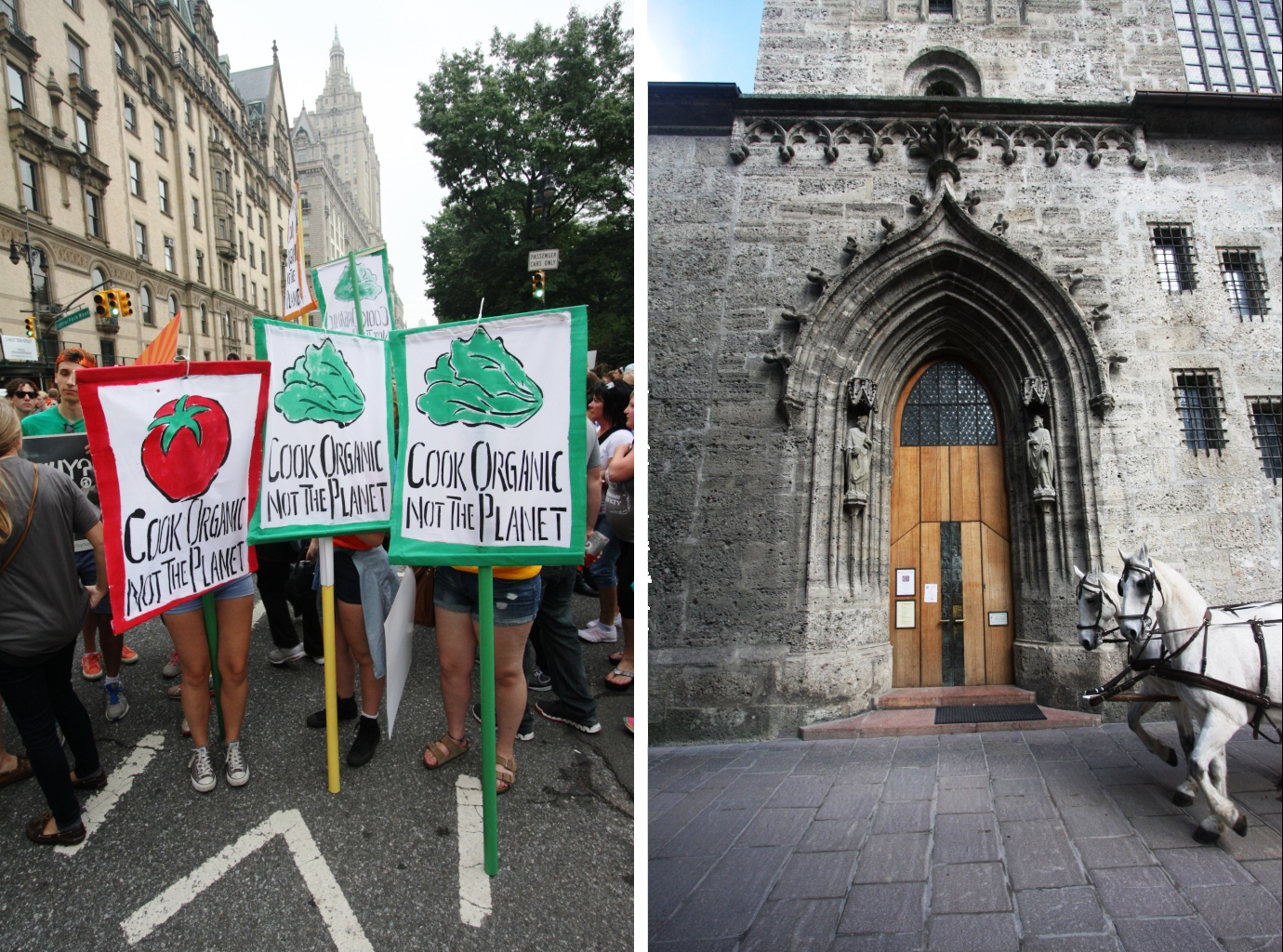
THIS MOMENT IN TIME
Photographs 2007-2017
THE DELIGHT-MAKERS
Photo-documentary with text
SOCIAL CHANGE
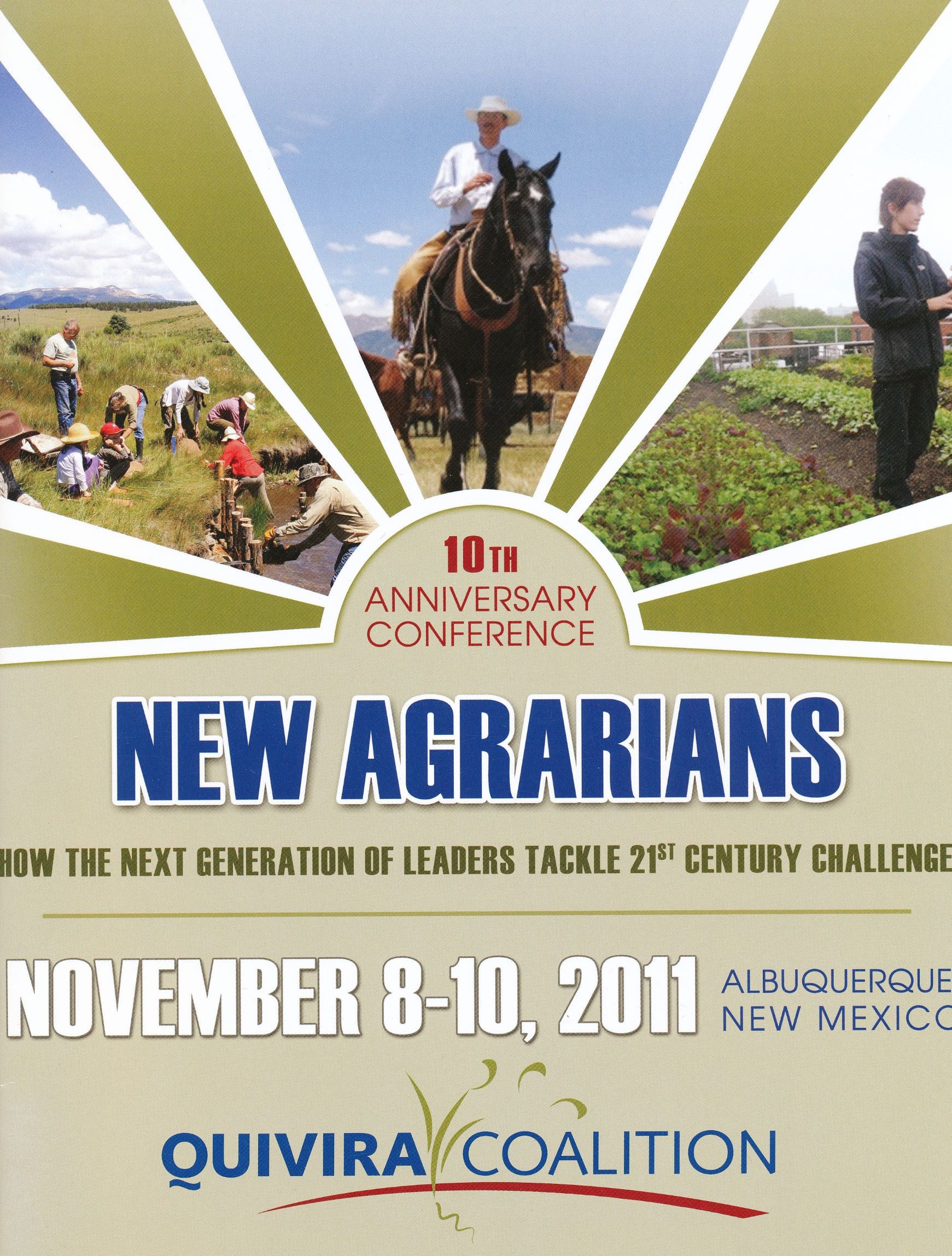
THE QUIVIRA COALITION
I cofounded the Quivira Coalition in 1997 to expand the radical center among ranchers, conservationists, federal land managers, and scientists around practices that improve economic and ecological resilience in working landscapes.

ESSAYS
This is a collection of essays written during my years at the Quivira Coalition. Topics include: the radical center, collaborative conservation, grassbanks, ecological restoration, The New Ranch, carbon farming, land health, and local food.
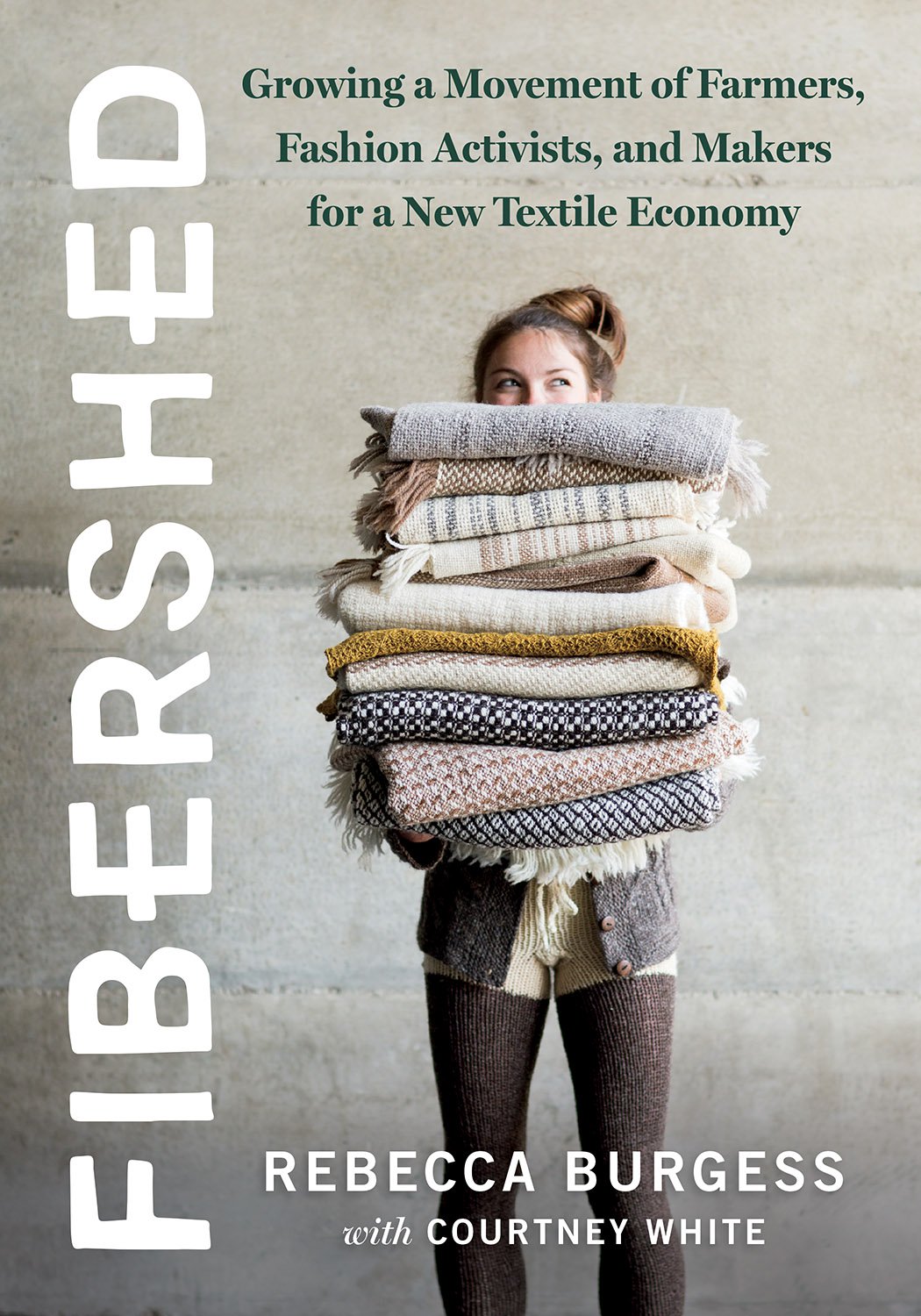
REGENERATIVE AGRICULTURE
I was a pioneering advocate for regenerative agriculture, a term I first heard in 2014. It incorporates progressive ranching, soil health, ecological restoration, carbon storage, and more, detailed here.
